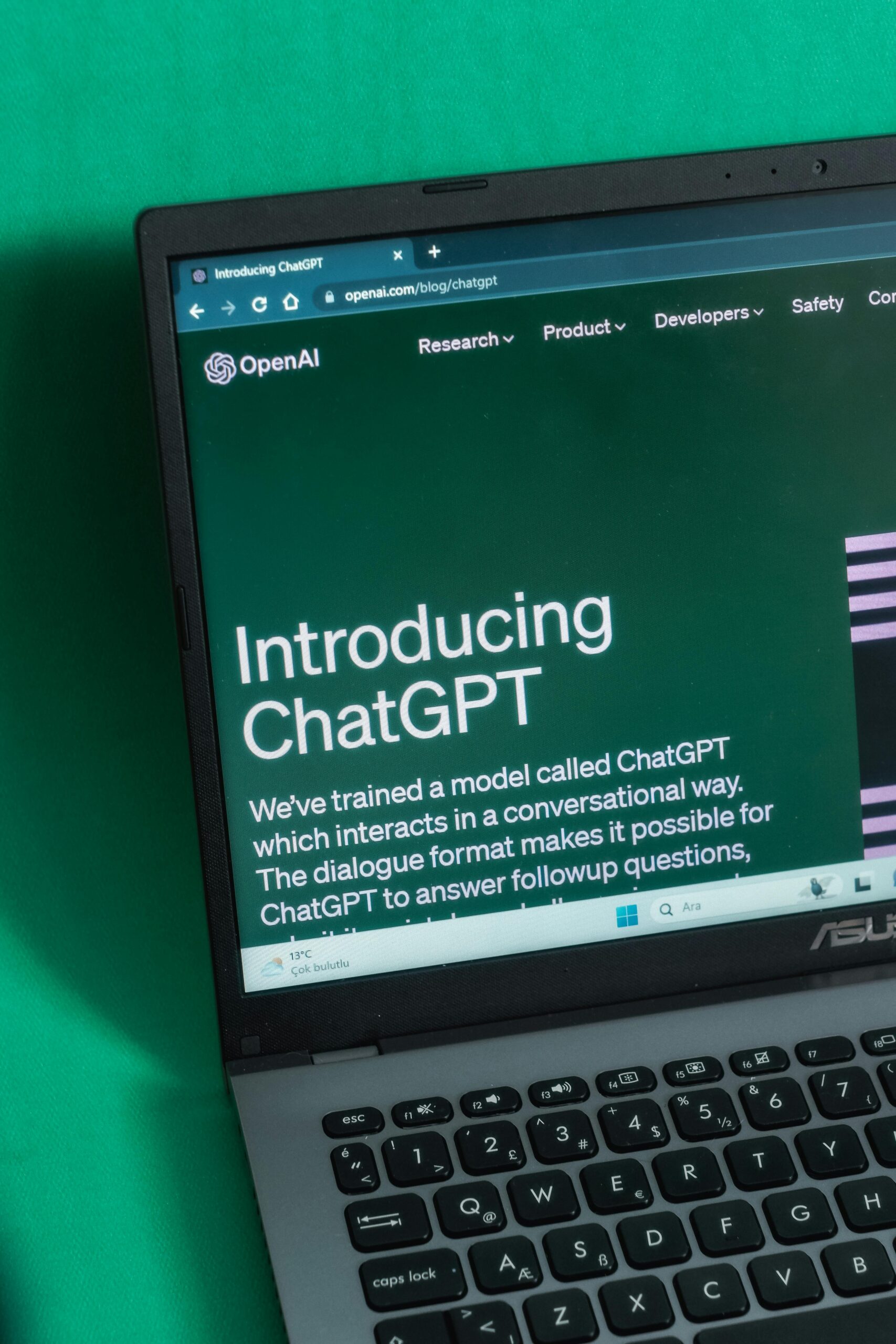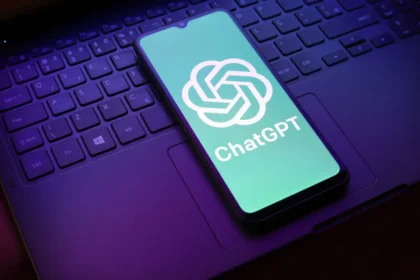Microsoft is not just backing OpenAI; it wants dibs on the future of intelligence itself. According to Bloomberg, the tech giant is in deep talks with OpenAI to seal a deal that would let it keep using OpenAI’s models even if the company crosses into the sci-fi-sounding territory of AGI, Artificial General Intelligence.
For the uninitiated, AGI is the hypothetical point where AI stops just mimicking human behavior and starts thinking like a real person (without the snack breaks). And while no one can quite agree on what “achieving AGI” actually means, OpenAI has a clause in its existing deal with Microsoft that says once it hits that point, it could stop licensing out its tech. That’s a problem if you’ve spent nearly $14 billion building your entire cloud AI stack around it, which Microsoft has.
So now, Microsoft’s trying to future-proof its investment. The talks are reportedly “advanced,” and sources say a new agreement could land in the next few weeks. But do not get too comfortable, regulatory hurdles could pop up, and Elon Musk’s lawsuit against OpenAI is still hanging over this entire soap opera like a satellite of chaos.
Still, the core issue is clear: Microsoft wants more than just preferred access to OpenAI’s tech until 2030 (the current end date). It wants long-term control, a larger equity stake (reportedly in the low- to mid-30% range), and, let us be real, a return on its massive investment.
Related: Microsoft Edge Gets Smarter with New AI Copilot Mode: Browsing in 2025 Just Got Better.
Right now, OpenAI operates under a weird hybrid structure, technically a nonprofit overseeing a for-profit company with a “cap” on how much investors can make. It’s a bit like trying to run a Formula 1 race in a bumper car. OpenAI, naturally, wants to remove the cap. Going full for-profit would make it easier to raise money, offer equity, and grow like a regular tech startup, which, let us be honest, it already is. But the nonprofit part still has teeth, and Microsoft has used it to slow-roll OpenAI’s restructuring.
Microsoft’s bet on OpenAI is not just a side hustle. It is the engine behind Copilot, the AI helper embedded into Windows, Office, GitHub, and Azure. If OpenAI pulls the plug post-AGI, Microsoft could lose years of momentum, not to mention credibility in the AI arms race.
And from OpenAI’s side, there is pressure too. The company told investors it expects to pay Microsoft less revenue over time. But it also wants to make sure Microsoft keeps deploying its tech responsibly, especially as it creeps closer to AGI. Translation? This is not just about control. It is about trust, scale, and who gets to shape the next phase of machine intelligence.
This deal is not just a contract update. It is a battle over who owns the keys to the future of AI, and how much that future should be worth. Microsoft does not want to build the AI-powered internet of tomorrow only to be ghosted the moment OpenAI “levels up.” If AGI really is on the horizon, maybe the bigger question is: Should one company (or partnership) be allowed to call dibs on it?







